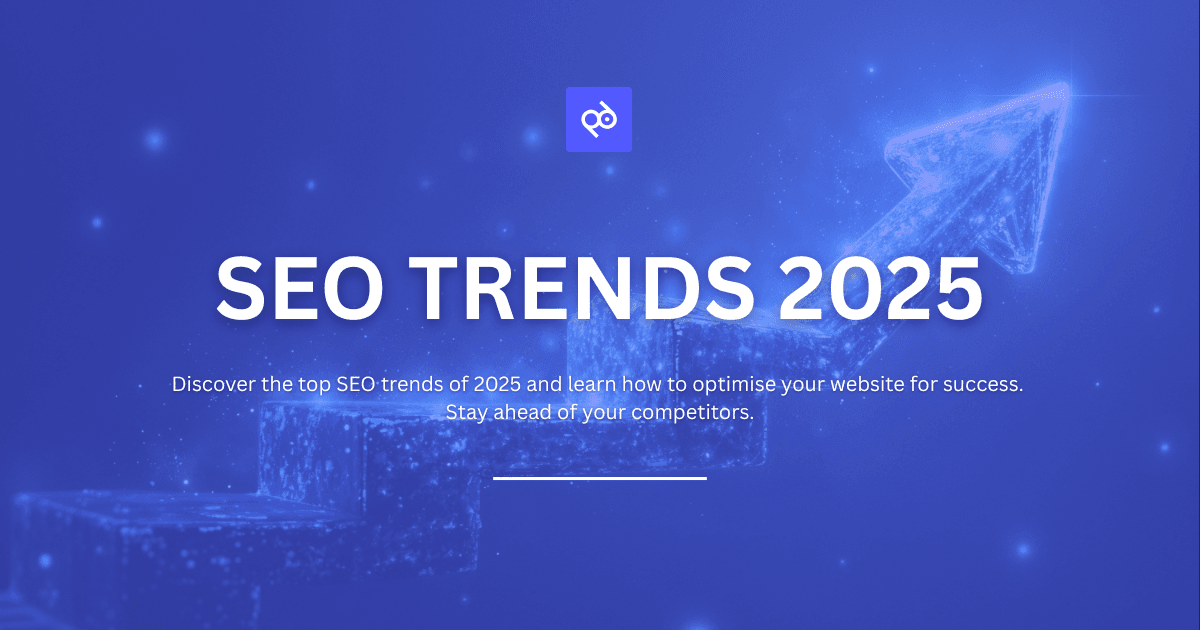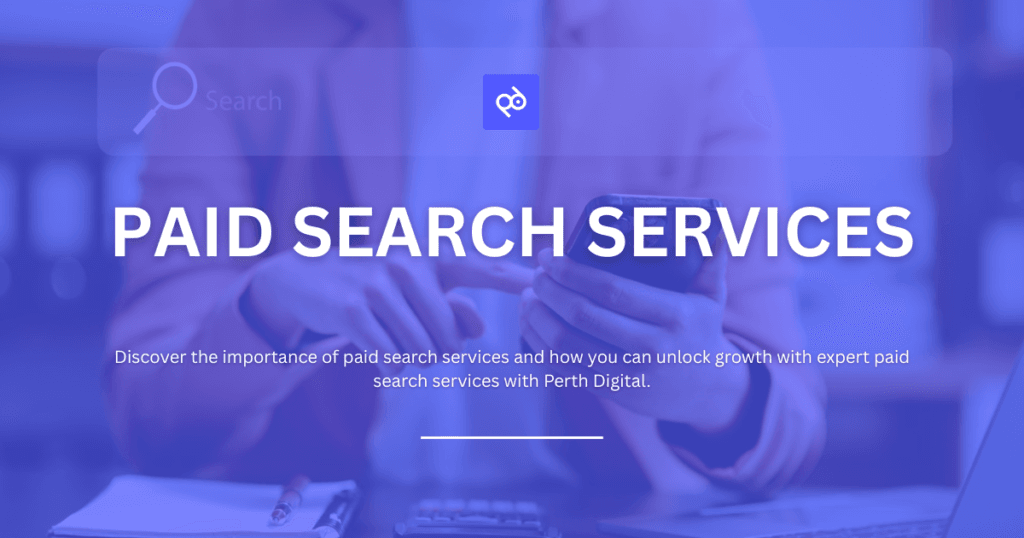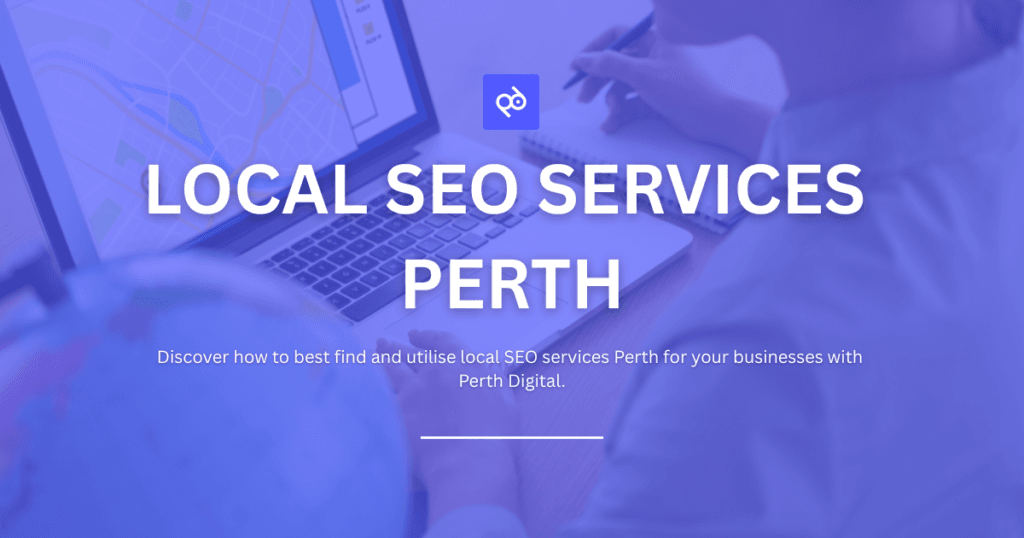Search Engine Optimisation (SEO) is constantly evolving, and as we step into 2025, businesses and marketers must stay ahead of the curve. With search engines getting smarter and user behavior shifting, keeping up with the latest SEO trends is crucial for maintaining online visibility and driving organic traffic. In this comprehensive guide, we’ll explore the essential SEO trends for 2025 and provide practical tips to optimise your website for success.
1. AI and Machine Learning Are Reshaping SEO
Artificial Intelligence (AI) and machine learning continue to play a significant role in search algorithms. Google’s AI-driven RankBrain and BERT algorithms are designed to understand user intent better than ever before. In 2025, we can expect AI to become even more sophisticated in delivering search results that match what users truly seek.
AI in Search Engines
AI is transforming search engines by enabling them to process vast amounts of data more efficiently and accurately. Google and other search engines use AI to analyze search intent, detect patterns, and personalize results based on user behavior. In May 2024, Google introduced AI Overviews (AIO), a feature that generates direct answers to user queries.
Within just six months, this feature had surfaced in roughly 20% of all searches, as reported by SE Rankings. This shift led to a noticeable decline in click-through rates for many blogs.
Due to pushback from content creators, Google has since incorporated citation links within AIOs. Interestingly, a study by Semrush found that these citations often come from websites with low traffic rather than top-ranking pages. This presents a unique opportunity for sites that might not currently rank high to gain visibility.
As AI technology advances, search engines will continue refining their algorithms to deliver highly relevant and contextual results, making traditional keyword-based SEO less effective on its own.
AI as Tools for SEO
Beyond its role in search algorithms, AI is becoming an essential tool for SEO professionals. Tools used for keyword research, content optimization, competitive analysis such as Semrush, Ahrefs, etc are steadily incorporating AI in its workflow, hoping to provide its users with better experiences and faster results. Businesses can leverage AI-driven platforms to analyze data, identify trends, and optimize their content strategies in real-time. By incorporating AI tools into their SEO workflow, marketers can enhance efficiency and gain a competitive edge.
The human element in content creation cannot be replaced by AI technologies, despite the fact that they can expedite numerous procedures. The significance of authentic content was highlighted by Google’s March 2024 algorithm update, which punished websites that relied too much on AI-generated content. Content must be both valuable and optimised if it is to succeed.
How to optimise:
- Focus on user intent: Create content that answers questions and provides real value.
- Use natural language: Write conversationally to align with AI’s ability to process human-like queries and make sure to write in an active voice
- Check for AI in content: Use tools such as AI checker or detector to make sure your content is AI-free
2. The Rise of Visual and Video Search
Search engines are increasingly giving video results priority on their search pages as video content becomes more and more prevalent in digital marketing. Google is incorporating more video-based content into its primary search results, and websites like YouTube have evolved into independent search engines themselves.
Businesses should use video in their SEO tactics if they want to stay ahead of the competition. Videos that are interesting, educational, and well-optimised with transcripts, thorough descriptions, and relevant keywords can greatly increase visibility. By 2025, video will make up 82% of all internet traffic, with short-form videos making up the majority, predicts Firework.com. Since two-minute films tend to perform better in terms of engagement and retention, organisations should concentrate on making them in order to maximize reach.
How to optimise:
- Use high-quality, relevant images and add descriptive alt text.
- Create video content with clear captions and structured metadata, with the length being preferably under 2 minutes
- Leverage image SEO by naming files properly and using schema markup.
3. User Experience (UX) Are More Important Than Ever
Google prioritises pages that offer a great user experience, since slow and hard-to-understand websites might frustrate and drive users away. This makes it an important ranking factor. Google’s Core Web Vitals are the metrics on which your website will be judged, since they focus on aspects like page speed, interactivity, and visual stability.
You can use tools like PageSpeed Insights or Google Lighthouse to see the score for each of Google’s Core Web Vitals. They will provide you a thorough analysis of the functionality of your website and suggest areas for improvement.
How to optimise:
- Improve website speed: Use fast hosting, optimise images, and enable caching.
- Enhance mobile-friendliness: Ensure your site is responsive and offers seamless navigation.
- Create engaging, quality content: Use headings, bullet points, and concise paragraphs to improve readability.
4. Zero-Click Searches and Featured Snippets Dominate
Zero-click searches occur when users find their answers directly on the search results page, often through featured snippets, knowledge panels, or People Also Ask sections. This trend signifies a shift in user behavior, where immediate information gratification is prioritized over clicking through to a website. Search engines are increasingly designed to provide comprehensive answers within the results page itself, reducing the need for further exploration.
How to optimise:
- Target featured snippets: Write concise, informative answers to common questions.
- Structure content well: Use headers, lists, and schema markup to improve visibility.
- Answer related queries: Optimise for related searches to increase your chances of appearing in snippets.
5. E-E-A-T (Experience, Expertise, Authoritativeness, and Trustworthiness) Matters More Than Ever
When ranking webpages, Google still gives priority to authority, experience, expertise, and trustworthiness (E-E-A-T). Companies who position themselves as reliable sources in their sector will be at a competitive advantage in 2025.
Rankings can be improved by presenting author credentials, citing reliable sources, and producing well-researched content that demonstrates knowledge. To gain the trust of both users and search engines, websites should prioritize security features like HTTPS encryption and unambiguous privacy policies.
How to optimise:
- Demonstrate expertise: Showcase author credentials and provide accurate information.
- Build authority: Write about niche topics that your business excels in, get backlinks from reputable sources.
- Ensure transparency: Use secure HTTPS, clear privacy policies, and reliable sources.
6. Mobile-First Indexing
In essence, mobile-first indexing refers to Google’s decision to store and rank material from websites primarily using their mobile versions. As 64.04% of all internet traffic originates from mobile devices, Digitalsilk reports that the number of mobile users is increasing. As a result, search engines favor websites that provide a flawless mobile experience.
You will have trouble ranking well if your website is not responsive when used on mobile devices. An intuitive user interface, quick loading times, and a responsive design are all crucial.
How to optimise:
- Ensure your website is mobile-responsive.
- Optimise loading speed by compressing images and minimising unnecessary scripts.
- Use a clean, easy-to-navigate design.
7. The Growing Influence of Social Signals on SEO
Social media platforms drive traffic to websites, and while social signals (likes, shares, and comments) are not direct ranking factors, they contribute to brand visibility and authority. The more engagement your content receives, the more likely it is to be seen by a wider audience, which can indirectly boost your search rankings.
Additionally, search engines increasingly consider social media pages when determining a brand’s online presence. A strong, active social media profile with consistent content and audience interaction can establish credibility and improve search performance.
How to optimise:
- Create evergreen content to share easily on more social media channels
- Promote your content on social media.
- Encourage engagement through shares, comments, and discussions.
- Collaborate with influencers to expand your reach.
- Regularly update your social profiles to maintain brand consistency.
- Share evergreen content that continues to attract traffic over time.
Supercharge Your SEO in 2025
SEO in 2025 is more complex than ever, and staying ahead requires expert guidance. If you want to dominate search rankings, drive more organic traffic, and grow your business, now is the time to take action.
At Perth Digital, we specialise in helping businesses optimise their websites with the best SEO strategy tailored to your needs. Whether you need a full SEO audit, content optimisation, or a complete SEO package, we have the right solutions for you. Ready to unlock your site’s full potential? Book a free consultation today and see the difference for yourself!



